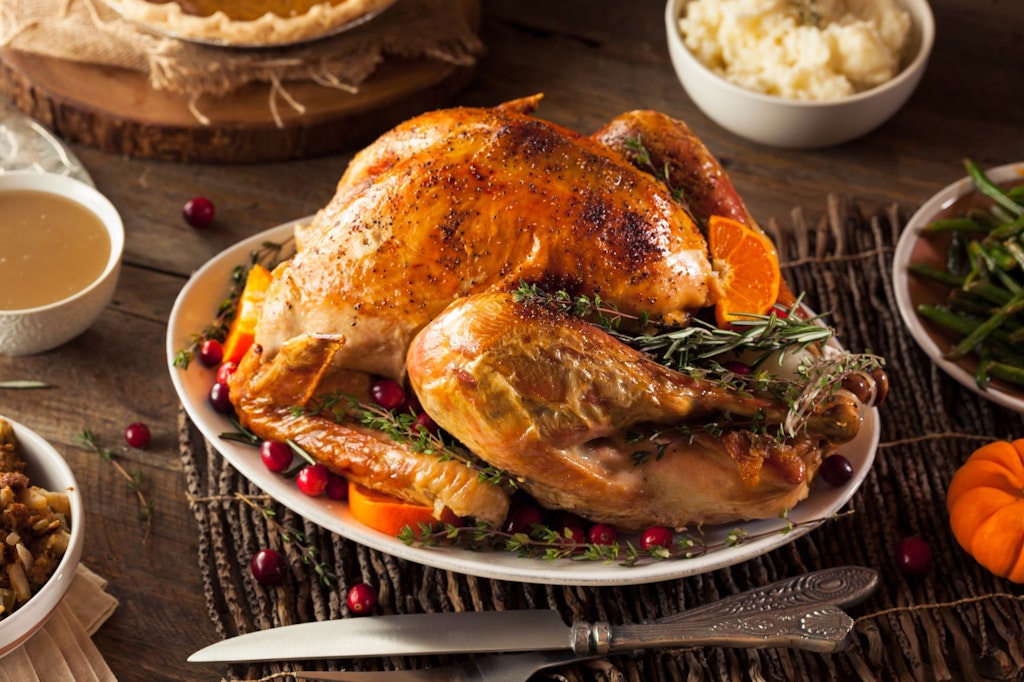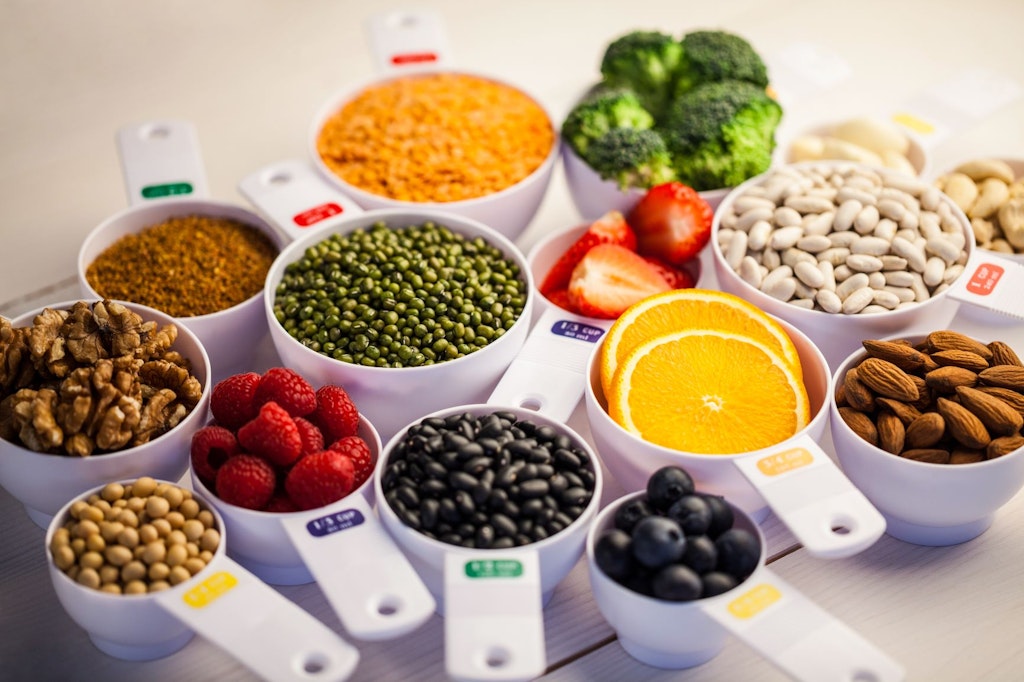The next time you see fruit flies swarming your over-ripe fruit, you might view them a little differently after reading this.
It turns out those tiny fruit flies might be big myth busters about sleep and the “food coma” phenomenon, and their post-meal behaviors are helping us understand ours.
Just about anyone who’s enjoyed a big meal has experienced feeling drowsy and lethargic afterward – the food coma effect. One popular myth is that eating turkey makes people sleepy because it contains the amino acid tryptophan, but other meats, seeds and nuts actually have higher levels of tryptophan.

So, what really causes sleepiness after a big meal, and what do fruit flies have to do with it?
Recent scientific research using fruit flies revealed that certain types of food promoted sleep in these insects, and like humans, the more they ate, the longer they slept.
William Ja, Ph.D. and associate professor at Scripps Research Institute in Florida, led a team of researchers to develop a system to visually track the food consumption and animal motion to record behavior of fruit flies. They observed that after a meal, the flies slept for a period of 20 to 40 minutes, and those that ate larger portions slept for longer periods of time before returning to a “normal state of wakefulness.”
The research team tried to determine if certain nutrients affected the sleepiness by giving them foods that contained protein, salt and sugar. Only protein and salt affected sleep after eating in this study. It appears another myth is busted: carbohydrates and sugar do not induce food coma and sleep.
The Scripps team and collaborators in the study didn’t stop there. They wanted to determine how — and which — brain circuits and cells are associated with post-meal sleepiness. Based on a previous study that showed certain neurons are involved in meal-size regulation, the Scripps scientists showed that the same system of neurons also plays a role in post-meal naps.

Interestingly, they also observed that the fruit fly’s internal clock reduced post-meal drowsiness around dusk, which indicated that this sleepiness can be regulated in flies and humans by other factors or mechanisms in the body.
This and related studies certainly provide valuable data on the relationship between food and sleep and a basis to discovering why sleeping after meals might be beneficial and important for animals and humans.
With further studies, scientists want to answer: Does sleeping after a meal aid digestion? Given what we know about sleep promoting learning and memory, could post-meal sleep help animals form better memories about a food source, making it easier for them to find similar food in the future?
One thing is more certain – fruit flies are more interesting than most of us thought!

